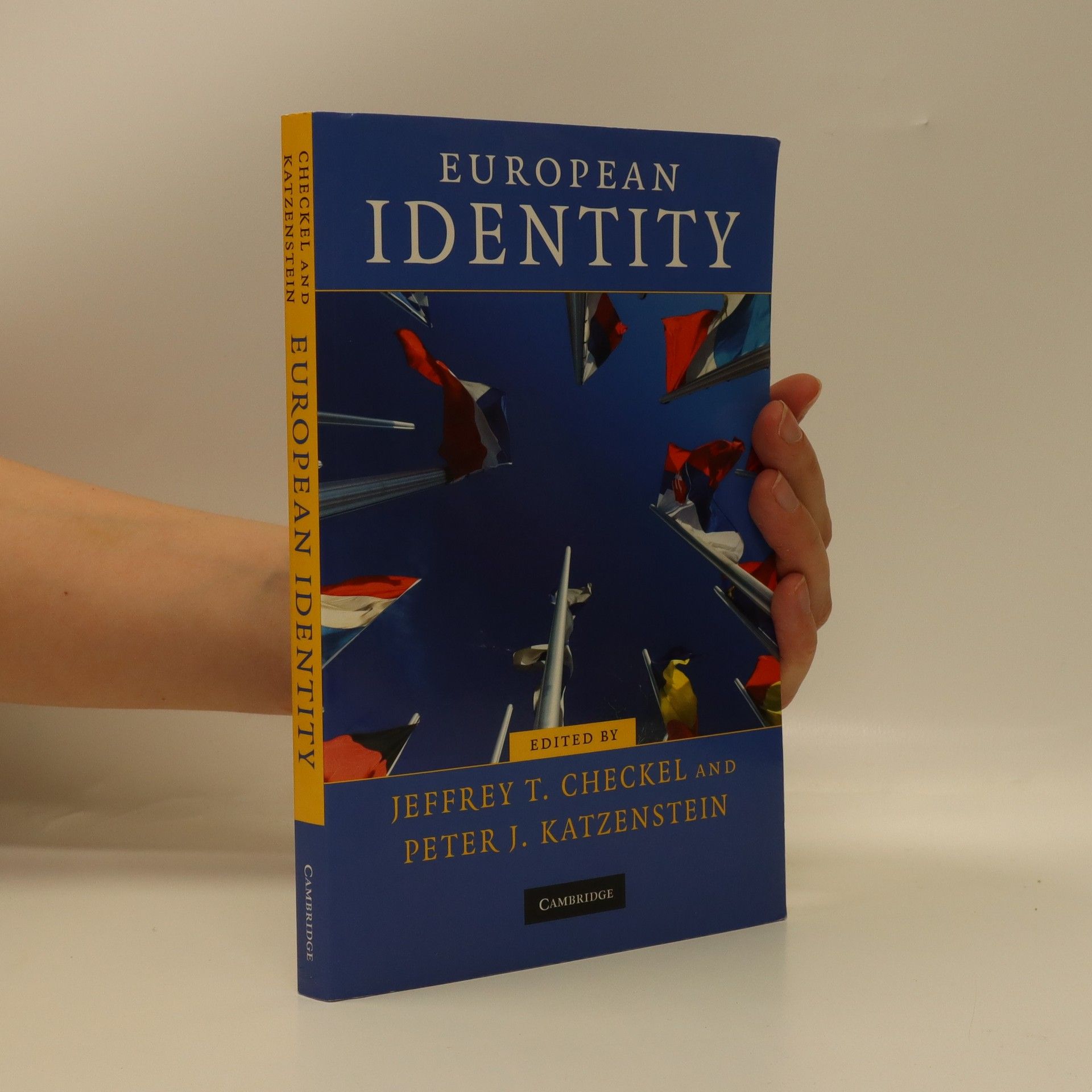Why are hopes fading for a single European identity? Economic integration has advanced faster and further than predicted, yet the European sense of 'who we are' is fragmenting. Exploiting decades of permissive consensus, Europe's elites designed and completed the single market, the euro, the Schengen passport-free zone, and, most recently, crafted an extraordinarily successful policy of enlargement. At the same time, these attempts to de-politicize politics, to create Europe by stealth, have produced a political backlash. This ambitious survey of identity in Europe captures the experiences of the winners and losers, optimists and pessimists, movers and stayers in a Europe where spatial and cultural borders are becoming ever more permeable. A full understanding of Europe's ambivalence, refracted through its multiple identities, lies at the intersection of competing European political projects and social processes.
Peter J. Katzenstein Livres
